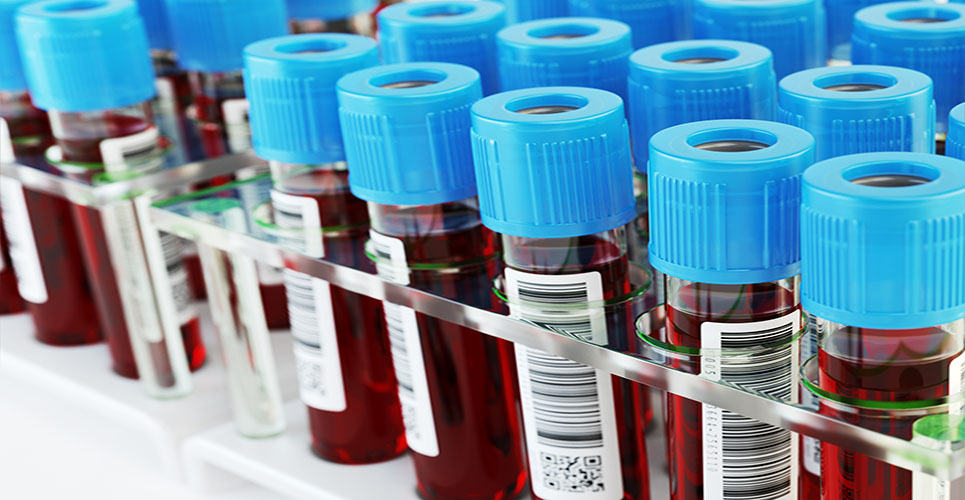teaser
Six different types of white blood cell that have been created in laboratory conditions by scientists could soon be used for the safety screening of new drugs in a bid to develop new treatments.
Produced from embryonic stem cells, the white blood cells could be valuable tools for finding the genetic causes of blood cancers and other diseases.
Research leader Dr Igor Slukvin, from the University of Wisconsin-Madison in the US, said: “Toxicity to the blood-forming system is a key limit on drug development, so these cells could be used for safety testing in any drug development.”
Dr Slukvin and his team manipulated the cells to develop along particular pathways by exposing them to specific biological signalling molecules.
Among the cells they produced were osteoclasts, large white cells involved in the brittle bone disease osteoporosis, and eosinophils, which play a role in allergy and asthma.
Others included dendritic and Langerhans immune cells, which direct responses to infection, and neutrophils, the most common type of immune system blood cell.
The scientists said new work in the future could lead to the creation of new blood cells from a patient’s own body.
“Eventually, we want to make therapeutic cells that could be used instead of bone marrow transplants,” said Dr Slukvin, whose research is reported in the Journal of Clinical Investigation.
Copyright Press Association 2009
Journal of Clinical Investigation

